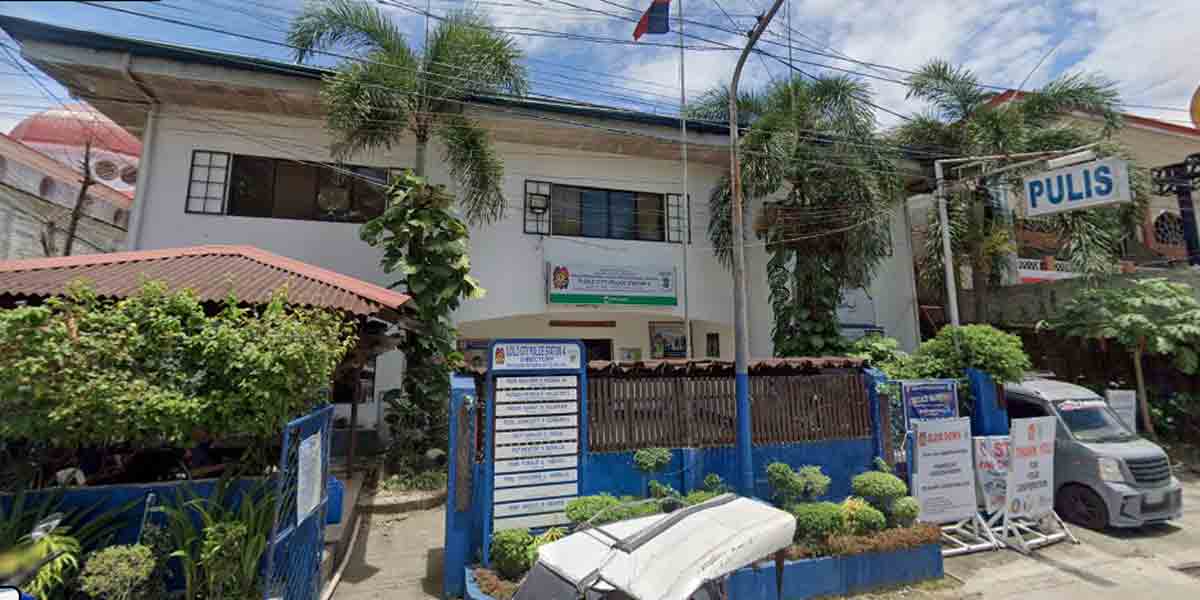BAKU, AZERBAIJAN — Southeast Asian civil society organizations (CSOs) urged global leaders at COP29 to commit to an ambitious climate finance goal and prioritize the phaseout of fossil fuels to address climate change and biodiversity loss.
The call, made during the Nature and Biodiversity, Oceans, and Coastal Zones Day at COP29, coincided with World Fisheries Day. The groups highlighted the harmful impacts of fossil fuel expansion on Southeast Asia’s biodiversity hotspots, food security, and coastal livelihoods.
“In Southeast Asia, we are witnessing an unprecedented expansion of fossil fuel infrastructure,” said Martha Vergara, Oceans and Climate Deputy Head at the Center for Energy, Ecology, and Development (CEED). “Our region has become one of the world’s largest coal expansionists, and now we are being pushed toward a massive gas buildout that will lock us into fossil fuel dependency for decades to come.”
CEED’s analysis revealed that Vietnam and the Philippines alone account for 62% of the region’s planned gas capacity, with critical ecosystems like the Mekong Delta and Verde Island Passage at risk. Dubbed the “Amazon of the oceans,” the Verde Island Passage has become a focal point for fossil gas expansion.
Nithi Nesadurai, Director of Climate Action Network Southeast Asia, emphasized the region’s renewable energy potential. “The Philippines and Vietnam, for a start, can go to 100% renewable energy. There is a need for decarbonization in line with net-zero emissions pledges and a phaseout of fossil fuels,” he said.
The groups also decried financing for fossil fuel projects, much of which comes from developed nations. They argued that these investments contradict climate commitments and further threaten Southeast Asia’s rich biodiversity.
“Global Northern nations must stop fueling fossil fuels,” said Vergara. “We call for the establishment of fossil fuel-free zones in critical biodiversity areas, including the Mekong Delta, Coral Triangle, and Verde Island Passage, and the restriction of financing by financial institutions to fossil fuel projects in these areas.”
Vince Cinches, Global Campaign Manager of World Animal Protection, stressed the interconnected nature of fossil fuel expansion, climate change, and food security. “This model of oil, gas, and industrial agriculture is driving climate change, releasing massive carbon emissions, and devastating millions of livelihoods,” he said.
The CSOs reiterated their demand for at least $1.3 trillion in climate finance delivered equitably and through public grants, not loans. They emphasized that such funding is critical for transitioning to renewable energy, protecting biodiversity, and addressing the vulnerabilities of nations on the frontlines of climate change.
The push for global action at COP29 highlights the urgency of addressing the intertwined crises of climate change and biodiversity loss, with Southeast Asia’s ecosystems and communities at the forefront of the fight.


















